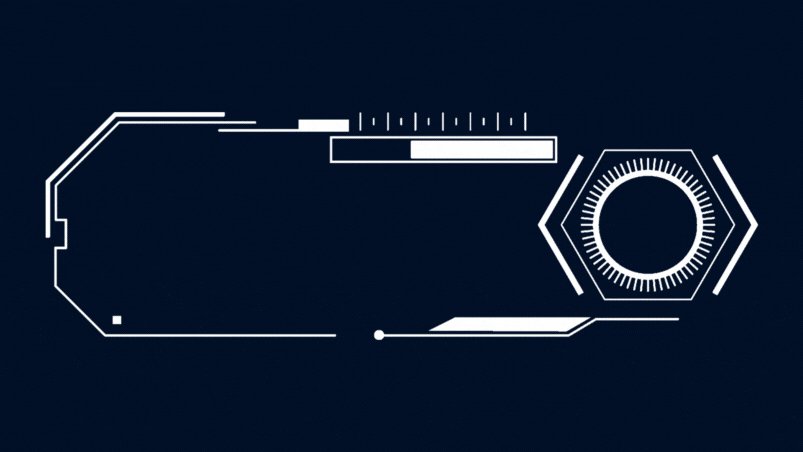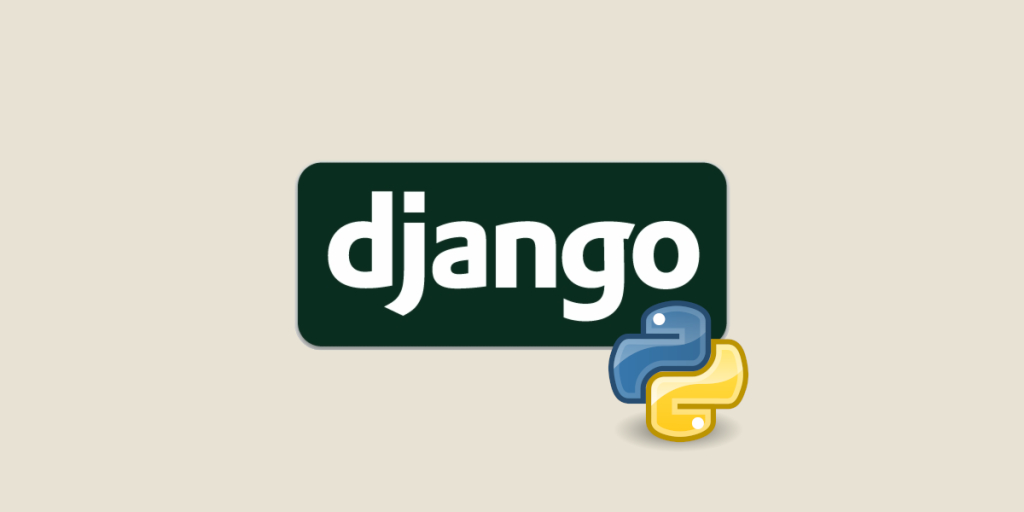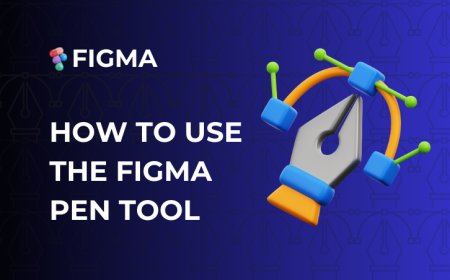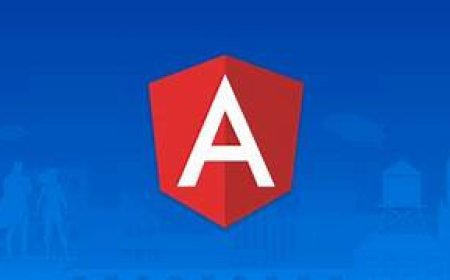Understanding Python Functions
Functions are a block of statements that return the specific task. The idea is to put some commonly or repeatedly done tasks together and make a function so that instead of writing the same code again and again for different inputs, we can do the function calls to reuse code contained in it over and over again.

What is a Function?
In Python, a function is a block of reusable code that performs a specific task. Functions can take input (arguments), perform operations on them, and then return a result. They allow you to break down your code into smaller, manageable chunks, making it easier to understand, debug, and maintain.
Defining a Function
To define a function in Python, you use the `def` keyword followed by the function name and parentheses. Let's look at a simple example:
def greet():
print("Hello, world!")
In this example, we've defined a function named `greet` that prints "Hello, world!" when called. To call (or "invoke") the function, you simply write its name followed by parentheses:
greet()
Output: Hello, world!
Function Arguments
Functions can also accept inputs, known as arguments or parameters. These inputs can be used within the function to perform operations. Let's modify our `greet` function to accept a name:
def greet(name):
print("Hello, " + name + "!")
Now, when we call the `greet` function, we need to provide a name:
greet("Alice")
This will output: `Hello, Alice!`
Return Statement
In addition to printing output, functions can also return values using the `return` statement. Lets modify our `greet` function to return a greeting message instead of printing it directly:
def greet(name):
return "Hello, " + name + "!"
Now, when we call the `greet` function, it will return the greeting message, which we can then print or store in a variable:
message = greet("Bob")
print(message)
This will output: `Hello, Bob!`
Conclusion
This are some of the basics of Python functions, including how to define them, pass arguments, and return values. Functions are a fundamental concept in Python programming, and mastering them will greatly enhance your ability to write clean, organized, and efficient code. So go ahead, experiment with functions, and happy coding!
What's Your Reaction?






























